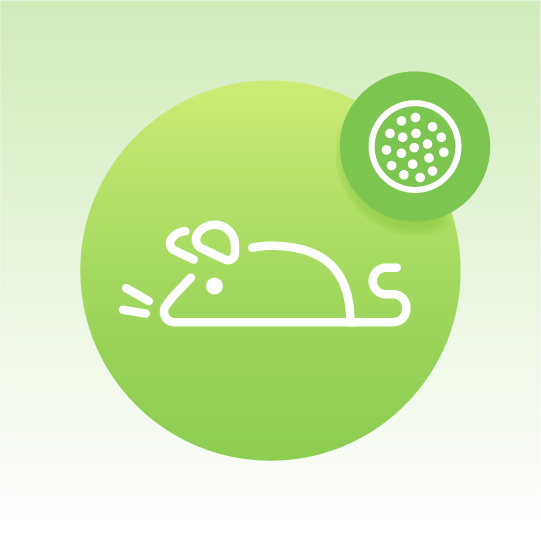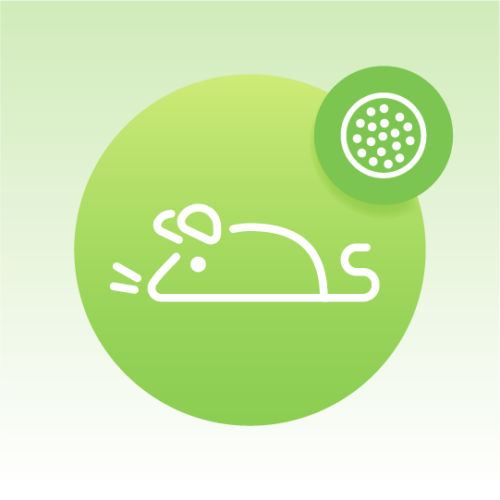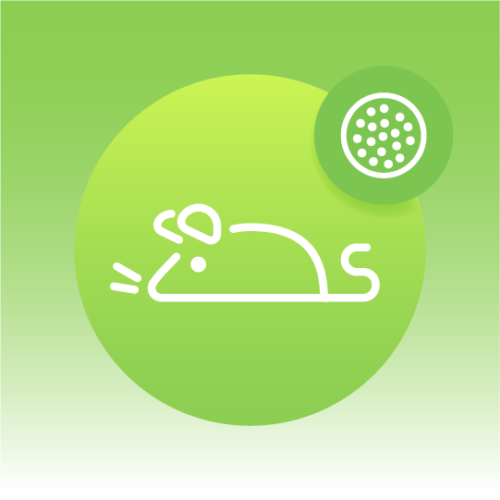Detailed Product Description
Analytical Procedure
Each sample is extracted, acquired and analyzed once. We recommend including multiple sample replicates in order to obtain statistically meaningful data.
Sample Amount Adjustment
We pre-test the total lipid amount occurring in submitted samples to ensure that appropriate amounts are used in order to allow for or increase the analysis quality and result comparability. The customer will be presented with options to continue, discontinue or sending new samples if this pre-test proves that samples are not suitable to perform the analysis.
Analytical Approach
Untargeted high-resolution shotgun lipidomics-generated data analyzed using LipotypeXplorer, Lipotype’s proprietary software for identifying all measurable lipids using the molecular fragmentation query language (MFQL) and thus unimpeded by the traditional reliance on predefined spectral databases.
Quality Assurance
Each analysis includes internal blank and quality control reference samples to assess and improve the technical quality of the analysis. The technical variation of an analytical run assessed from quality control reference samples is provided within the Report. Please note: No further information or data (especially also including individualized data) on blank and quality control reference samples and/or their analysis will be provided to the customer.
Description of Results
Results are fully quantitative and expressed in absolute values – pmol per sample volume and mol%. The absolute quantification is achieved using lipid class-specific internal standards. Lipotype will provide the data on sample volume analyzed and molar amounts of lipid molecules per sample. Please note: Lipotype will not and shall not be obliged to provide any Lipotype background intellectual property (including Lipotype know-how) or any data incorporating such Lipotype background intellectual property, notably no raw data will be provided.
Structural Details
With the advantage of MS2 fragmentation glycerophospholipids and glycerolipids (except TAG) are reported as subspecies, giving additional information on fatty acids – e.g. PI 18:1;0_16:0;0 denotes phosphatidylinositol with octadecenoic (18:1;0) and hexadecanoic (16:0;0) fatty acids, for which the exact position (sn-1 or sn-2) in relation to the glycerol backbone cannot be discriminated. PE O-18:1;0/16:0;0 denotes an ether-phosphatidylethanolamine, where an alkyl chain with 18 carbon atoms and 1 double bond (O-18:1;0) is ether-bound to sn-1 position of the glycerol and a hexadecanoic acid (16:0;0) is connected via an ester bond to the sn-2 position of the glycerol. The remaining lipid classes are reported as species – e.g. TAG 56:3;0 denotes triacylglycerol with the total length of its fatty acids of 56, 3 double bonds, and 0 hydroxylations.
Delivery Time
The Results will be delivered via email within 6 weeks after receiving the samples prepared according to sample preparation guidelines as well as all information regarding the samples and analysis to be performed. The delivery date of samples to Lipotype will be discussed and agreed between the customer and Lipotype. Lipotype’s obligation to perform under this quotation shall be suspended as long as and to the extent Lipotype is not able to fully and unrestrainedly use its facilities and personnel due to injunctions, restraints, directions or recommendations (individual or public) by any local, national or international governmental or non-governmental institutions (“Authority Measures”), regardless of whether such Authority Measures affect Lipotype, its directors, employees, agents or subcontractors directly or indirectly. The selection of Turbo Delivery reduces the delivery time for standard and extended reports of this analysis package to 3 weeks turbo analysis.


